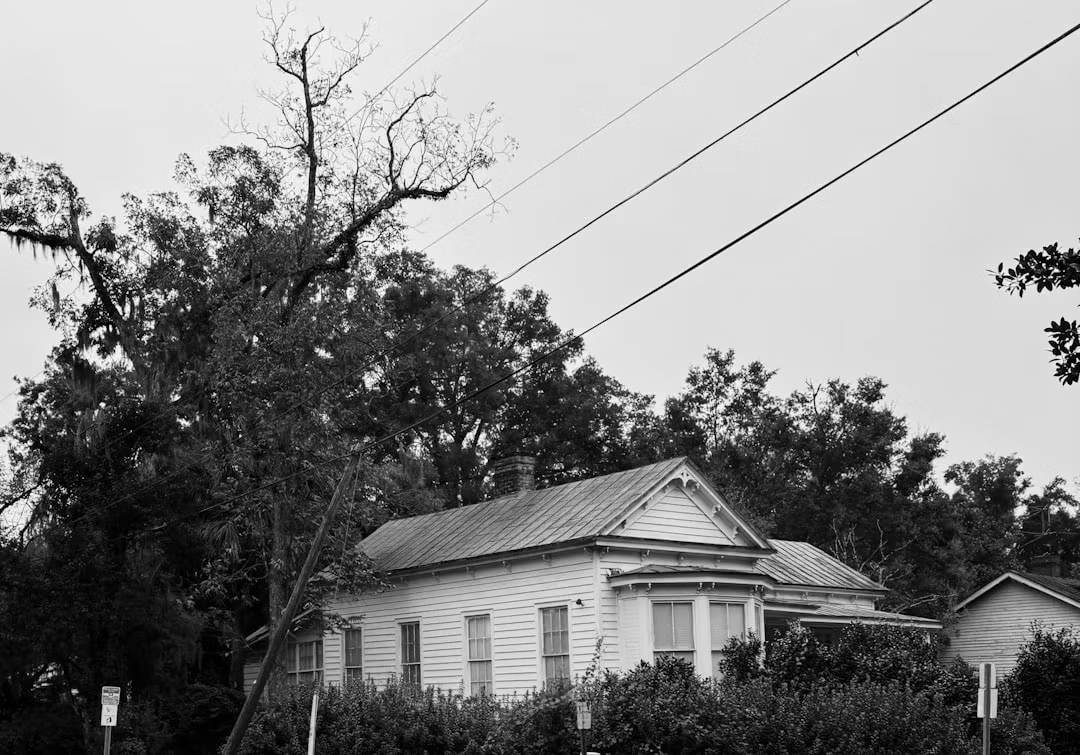When embarking on a construction project, homeowners in Colorado invest significant time, money, and trust in contractors to deliver high-quality work. However, what happens when the final product doesn't meet expectations? Can homeowners refuse payment for shoddy workmanship?
This article explores Colorado construction defect law to provide insights into homeowners' rights and responsibilities in these challenging situations.
Understanding Construction Defects and Faulty Workmanship
Construction defects encompass a wide array of issues that compromise the integrity, safety, or functionality of a structure. Among these, faulty workmanship stands out as a primary concern for homeowners, as it directly reflects the quality of the craftsmanship employed during construction.
Faulty workmanship can range from minor inconveniences to significant liabilities for homeowners. Common examples include:
Uneven flooring
Leaky roofs
Improper electrical installations
Plumbing issues
Structural problems
For a more detailed analysis, learn about what types of property issues constitute construction defects in Colorado.
Colorado's Legal Framework for Construction Defects
To address the complexities of construction defects and provide recourse for affected parties, Colorado has implemented the Colorado Construction Defect Action Reform Act (CDARA). This legislation establishes a comprehensive framework for addressing construction defects, outlining procedures for notice, inspection, repair, and legal action.
Under CDARA, homeowners are afforded certain rights and protections when dealing with construction defects, including those stemming from faulty workmanship.
Can Homeowners Refuse Payment?
Amidst the frustration and disappointment of discovering faulty workmanship in their newly constructed or renovated homes, homeowners often wonder whether they can withhold payment from the contractor responsible for the subpar craftsmanship.
The answer to this question hinges on several key considerations:
Contractual Obligations
Before exploring the option of withholding payment, homeowners must review the terms of their contract with the contractor. The contract serves as the foundation of the agreement between the parties, delineating:
Scope of work
Payment terms
Project timeline
Quality standards
In many cases, contracts stipulate that payment is contingent upon the satisfactory completion of work meeting specified standards. If the workmanship falls short of these standards, homeowners may have grounds to withhold payment until the issues are rectified.
Understanding key construction contract terms to watch for can help homeowners better protect their interests.
Notice Requirements
CDARA imposes specific notice requirements on homeowners seeking to address construction defects, including those related to faulty workmanship. Before pursuing legal action or withholding payment, homeowners must provide written notice to the contractor, detailing:
The nature of the defects observed
The extent of the problems
Documentation of the issues
This notice serves as a formal notification to the contractor, triggering their obligation to inspect the defects and, if necessary, undertake repairs within a reasonable timeframe. Failure to adhere to these notice requirements could jeopardize the homeowner's ability to withhold payment or pursue legal remedies later on.
For more information, review CDARA's notice and disclosure requirements.
Material Breach
In cases where the defects substantially impair the functionality, safety, or value of the property, homeowners may argue that the contractor's performance constitutes a material breach of the contract.
A material breach occurs when one party's failure to perform as specified undermines the fundamental purpose of the contract. In construction contracts, material breaches often arise from:
Significant deviations from industry standards
Egregious errors in workmanship
Persistent failures to remedy defects despite opportunity to do so
If the faulty workmanship rises to the level of a material breach, homeowners may be justified in withholding payment and pursuing legal action.
Good Faith Efforts
Throughout the process of addressing construction defects, homeowners are expected to act in good faith, engaging in reasonable efforts to resolve disputes with the contractor. CDARA encourages parties to explore alternative dispute resolution mechanisms, such as:
Negotiation
Mediation
Arbitration
By demonstrating a willingness to collaborate and explore solutions, homeowners can strengthen their position while preserving the possibility of amicable resolution.
Legal Remedies for Faulty Workmanship
In cases where efforts to resolve construction defects through negotiation or alternative dispute resolution prove unsuccessful, homeowners may pursue legal remedies under CDARA and other applicable laws.
Breach of Contract Claims
Homeowners may initiate a lawsuit against the contractor for breach of contract, alleging that the faulty workmanship constitutes a violation of contractual obligations. To prevail in a breach of contract claim, homeowners must demonstrate:
A valid contract existed
The contractor failed to perform as required under the contract
The homeowner suffered damages as a result of the breach
Damages may include the cost of repairing the defects, diminution in property value, and other economic losses attributable to the contractor's breach.
Common Law Warranties
In addition to the protections afforded to homeowners under CDARA, Colorado recognizes several implied warranties in the context of construction contracts. These warranties provide additional protections for homeowners by guaranteeing that construction work meets minimum standards of quality and durability.
Colorado recognizes three categories of implied warranties in residential construction:
Implied Warranty of Habitability: The home must be fit for habitation. A homeowner need not prove that the entire dwelling is unusable, only that a portion cannot be used for its designed purposes.
Implied Warranty of Workmanlike Construction: The home must be built in a workmanlike manner, meeting professional standards.
Building Code Compliance: The home must be built in compliance with all applicable building codes.
If the contractor fails to uphold these warranties, homeowners may pursue claims for breach of warranty, seeking remedies such as repair or replacement of defective components at the contractor's expense.
Learn more about express and implied warranties in construction contracts.
Negligence Claims
In addition to breach of contract claims, homeowners may assert claims of negligence against the contractor for failing to exercise reasonable care in performing their duties. Though CDARA generally limits negligence claims, such claims are permissible when there is:
Actual damage to real or personal property
Actual loss of the use of real or personal property
Bodily injury or death
A risk of bodily injury or death
To establish negligence, homeowners must prove that the contractor:
Owed them a duty of care
Breached that duty through substandard workmanship
Caused foreseeable harm as a result of their actions or omissions
Seeking Legal Assistance
Given the complexity of construction defect disputes and the legal intricacies involved, homeowners are strongly encouraged to seek guidance from experienced construction defect attorneys who specialize in representing homeowners' interests.
Construction defect attorneys possess the knowledge, skills, and resources necessary to:
Navigate the complexities of Colorado construction defect law
Advocate effectively on behalf of homeowners
Pursue favorable outcomes through negotiation, mediation, arbitration, or litigation
Help homeowners understand attorney fees and costs in Colorado construction defect cases
Conclusion
Homeowners in Colorado confronted with faulty workmanship in their construction projects face a challenging ordeal. While the option of withholding payment from the contractor may be available under certain circumstances, it's essential for homeowners to approach the situation with caution.
Key considerations include:
Understanding contractual obligations
Knowing legal rights under CDARA
Following proper procedural requirements
Acting in good faith throughout the process
By carefully documenting construction defects, providing timely notice to the contractor, and exploring options for resolution in good faith, homeowners can position themselves for a favorable outcome while preserving their rights to seek legal remedies if necessary.
With the guidance and advocacy of an experienced construction defect attorney, homeowners can navigate the complexities of construction defect disputes with confidence, working towards achieving satisfactory resolutions and protecting their investments in their homes.
Have Questions About Construction Defects?
Our experienced construction defect attorneys are here to help. Schedule a free 15-minute screening call to discuss your situation.




